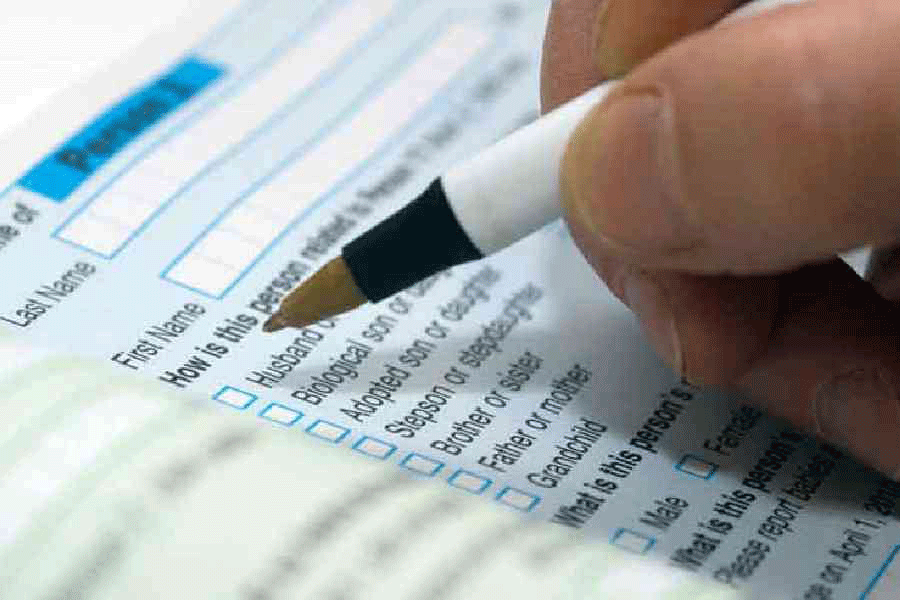Representatives of some political parties and social organisations in Bengal have come up with a joint declaration seeking a national caste census and urged the Mamata Banerjee government to carry out the exercise in the state if the Narendra Modi government doesn't heed the demand.
Caste is suddenly back at the forefront of Indian politics following the Nitish Kumar government's publication of the results of a caste census in Bihar.
The census report was unveiled on October 2, the birth anniversary of Mahatma Gandhi.
The declaration has come at a time when the Narendra Modi government is feeling uncomfortable with demands for the national caste census coming from various states and major political parties like the Congress.
"The demand for a caste census in Bengal was adopted during a meeting on Thursday, which was attended by various social organisations fighting for social justice for the poor and the deprived, and representatives of some political parties," said Left-leaning economist Prasenjit Bose, who attended the meeting as a representative of the Joint Forum against NRC.
Other than Bose, the signatories to the declaration included former Congress MLA Sukhbilas Barma, ISF working President Samsur Ali Mallick, Swaraj India's Avik Saha and Jai Bhim India's Saradindu Biswas.
Historically, the relevance of caste in Bengal politics may not have been as important as in some other states like Bihar and Uttar Pradesh. But the situation changed in recent years with identity politics making its debut in Bengal, which had been ruled by Left parties for over 34 years till 2011.
For instance, one of the key political demands in the Darjeeling hills is to declare 11 communities as Scheduled Tribes. Similarly in Jungle Mahal that comprises Purulia, Bankura, Jhargram and West Midnapore districts, leaders of the Kurmi community, which is among Other Backward Classes (OBCs), are demanding the ST status, while adivasis are vehemently opposing it.
Saha of Swaraj India said such demands indicated the prevalence of deprivation and hence, a socio-economic caste census was needed to address various communities' anxieties.
"The demand for caste survey is a demand to
have an X-ray plate of a fracture and any effort to repair the fracture without the x-ray is quackery.... Unless the government knows representation, how would the government determine policies?" he asked.
During the meeting on Thursday, various socio-economic indicators — like land holding by SCs, STs, OBCs and other categories, representation of these communities in government services and their educational attainments — of Bengal were discussed and the participants were of the unanimous opinion that lower castes were deprived of social uplift in Bengal.
The deprivation or presumed backwardness is the basis for the elaborate system of reservations — in education, government jobs and parliamentary seats in line with a group’s share of the population — in the country and that's why it has the potential to be a key issue in the upcoming Lok Sabha elections.
Those pitching for the caste census in Bengal also discussed the political situation in the state and the stance of major parties on the
prickly issue. Major constituents of the INDIA grouping back the nationwide caste census.
"The BJP is opposed to caste census as it is nervous about the possibilities of alienating its upper-caste constituencies.... Bengal CPM leaders, unlike their national leadership, do not talk about it while the ruling Trinamul has not made its stand clear on the issue," said Bose.
"If Trinamul doesn't commit to a caste census in Bengal, there will be a social movement," he said.
Besides coming up with the declaration, the social organisations and the political parties have also decided to hold a major programme in Calcutta on November 26 to press for the caste census.











